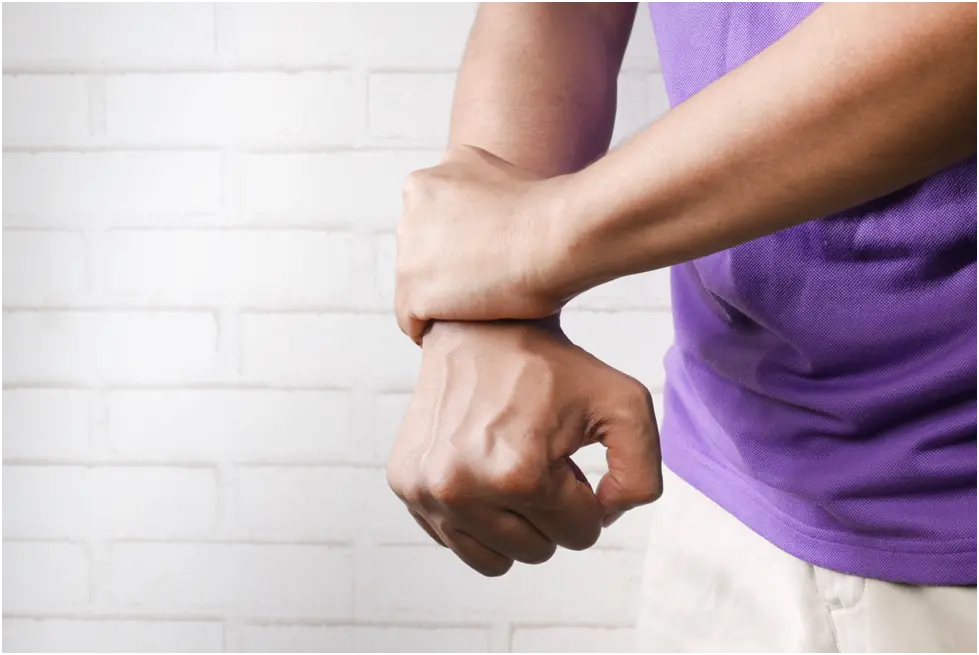Preventive Healthcare
What is the Chikungunya Test Used For?
11449 Views
0

Chikungunya is a type of virus that is spread through the bite of the Aedes aegypti mosquito. It is not a disease that can spread through bodily contact or saliva but spreads when a mosquito with the virus bites a healthy individual. In some cases, the virus can also be spread through blood transfusion from an infected individual to a healthy person.
Symptoms of chikungunya typically appear 2 to 7 days after being bitten by an infected mosquito. The most common symptoms include high fever, joint pain, swelling and stiffness.
What is the Chikungunya Test?
A chikungunya test is a blood serum test that helps diagnose individuals infected with chikungunya. Chikungunya is a viral infection that is transmitted between humans by mosquito bites. The infected individual usually displays symptoms such as fever, joint pain and fatigue. The chikungunya test helps doctors diagnose this disease and stop local transmission.
The test detects antibodies (IgM and IgG) for chikungunya in the blood. Your immune system prepares these antibodies to fight off an infection by the chikungunya virus (CHIKV), and their presence indicates a recent or current infection.
What is the Chikungunya Test Used for?
The chikungunya test is a diagnostic test that helps doctors identify the presence of the chikungunya virus in an individual. It uses ELISA (Enzyme-Linked-Immunosorbent Assay), a serological test to detect the presence of anti-chikungunya antibodies in your blood.
Understanding the Test Results of the Chikungunya Test
To get the correct diagnosis for chikungunya, the chikungunya test needs to be done within 6 days of the onset of the illness. The chikungunya test report will display two values, mainly that for chikungunya IgG and chikungunya IgM. If these values deviate from the chikungunya test normal range, it could indicate an infection.
Here is how you can interpret your chikungunya blood test:
- Chikungunya IgG antibody between 0.80 and 1.09 indicates the possibility of anti-chikungunya antibodies (IgG). Repeat the test within 1 to 2 weeks to confirm.
- Chikungunya IgG antibodies greater than or equal to 1.10 indicate the presence of the anti-chikungunya IgG antibody that suggests a recent or past infection.
- Chikungunya IgM antibody between 0.80 and 1.09 can indicate the possibility of the chikungunya IgM antibody. To confirm the diagnosis, you must take another test in 1 to 2 weeks.
- Chikungunya IgM antibody greater than or equal to 1.09 indicates the presence of chikungunya IgM antibody that can suggest a recent or past infection.
It is best to consult your doctor once you receive your chikungunya diagnosis to discuss your treatment options.
Why do I Need the Chikungunya Test?
As chikungunya is an easily transmissible disease that, if left unchecked, can cause a contagious epidemic, it is important to get a chikungunya test to detect the virus at an early stage and take the necessary precautions to ensure it doesn't spread.
What Happens During the Chikungunya Virus Test?
During the chikungunya test, a nurse or doctor will draw a small blood sample from a vein in your arm. This sample is collected in a syringe or vial before being sent to the lab for further testing.
What are the 3 Symptoms of Chikungunya Fever?
Most often, the symptoms of chikungunya take about a week after the initial infection. The symptoms an individual displays also depend on the kind of health complications and illnesses they may have.
Some of the most common symptoms include:
- Prolonged fatigue and muscle pain
- Fever that ranges around 102 degrees Celsius
- Severe joint pain
Less prominent symptoms include:
- Swellings in the joints
- Eye problems
- Headaches
Is Fasting Required for the Chikungunya Fever Test?
There are no specific requirements or preparations that you need to follow before a chikungunya test. However, your doctor may advise you to follow a few instructions to get the best possible results. These include:
- Staying hydrated
- Finish eating your meal 2 hours before the test
- Do not take any medication or supplements before the test
- Avoid smoking
How Long Will the Chikungunya Test Last?
Depending on the laboratory and the chikungunya test kit used it will take around 30 minutes to get the test results. However, the actual chikungunya test procedure for sample collection doesn't take more than 5 minutes.
Is There a Blood Test for Chikungunya?
Yes, there is a serological blood test for chikungunya. The chikungunya blood test name is a semi-quantitative enzyme-linked immunosorbent assay that detects the presence of anti-chikungunya antibodies.
Does Platelet Count Decrease in Chikungunya?
Like other viral infections, chikungunya also affects the production of platelets in your body. If these platelet levels drop below 20,000 per microlitre of blood, it can lead to severe symptoms such as serious bleeding. If your platelet count reduces, your doctor may also suggest medications to boost your platelet count.
Are There any Risks Associated with the Test?
As the chikungunya test requires a simple blood test, no prominent health complications or side effects are associated with this test. However, there is a slight possibility that your skin might bruise at the puncture site or feel dizziness during the test.
Conclusion
Chikungunya, a viral disease transmitted by infected mosquitoes, can cause debilitating symptoms in infected individuals. Understanding the symptoms of chikungunya and knowing when to take a test is vital in halting the spread of this disease. Early detection, proper medical care and preventive measures can effectively control the transmission of chikungunya and prevent it from reaching epidemic proportions.
Most prominent diagnostic centres like Metropolis Labs offer prompt results for the chikungunya test and other tests to facilitate early detection and treatment. Check out the entire list of services and tests provided, or speak to our experts about the preventive health checkup packages we offer.













1701259759.webp)









 WhatsApp
WhatsApp